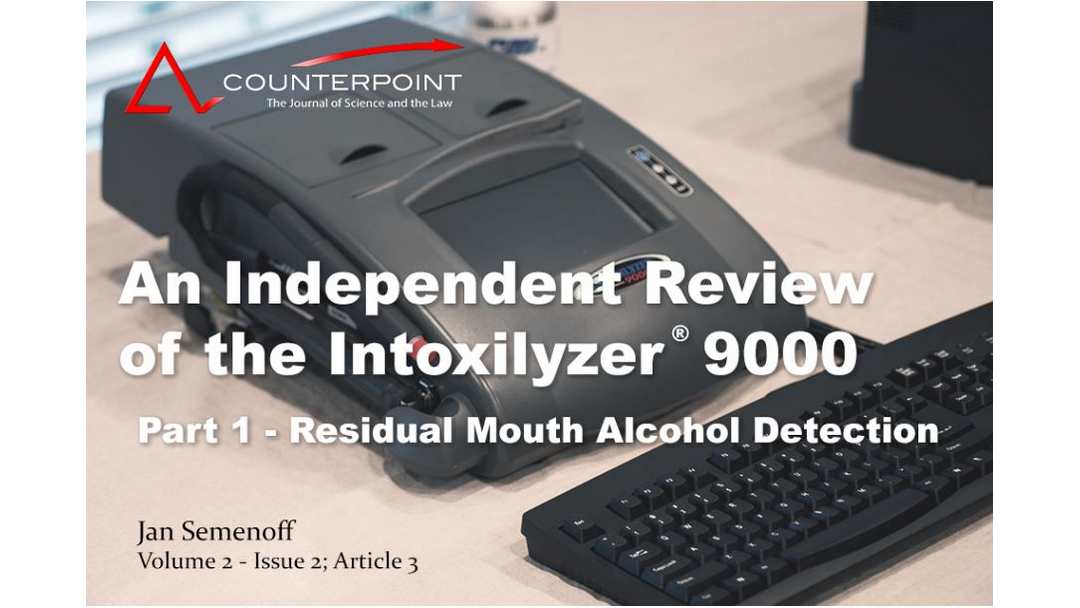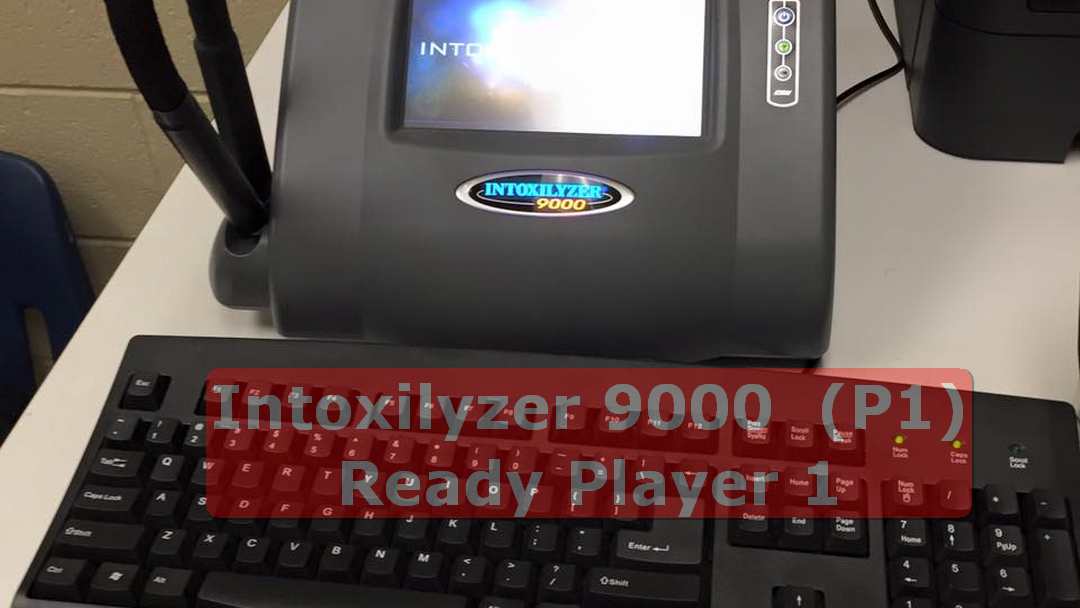The Biden administration once again defends a ban in federal court, arguing that people who use marijuana should be prohibited from purchasing or possessing firearms. They claim that this restriction is supported by historical precedent and that individuals who...

Squatters and the Law in Michigan
Squatters and You
Squatting, in one definition is the act of occupying a property without legal permission, can be a headache for both property owners and squatters themselves. Sorry to cause you a such a headache squatter.
Michigan has specific laws addressing squatting, offering some protection to owners while outlining potential consequences for squatters.
Here’s One…
MCL 750.553: Criminal Trespass
Michigan criminalizes squatting in single-family dwellings and one or both units in a two-family dwelling through MCL 750.553. This law defines “occupies” as physically living within the structure.
Here’s a breakdown of the key points:
- No Consent: The squatter must have never had the owner’s consent to occupy the property.
- Penalty: A first offense is considered a misdemeanor punishable by a fine of up to $5,000 per dwelling unit occupied, imprisonment for not more than 180 days, or both. Subsequent offenses are felonies with steeper penalties.
- Exceptions: The law doesn’t apply to guests or family members of the owner or a tenant.
This statute empowers property owners to pursue legal action against squatters, potentially leading to their removal and facing criminal charges. While they destroy your property and cost you legal fees, house and utility payments.
Self-Help Eviction
Michigan offers a unique remedy for property owners: self-help eviction.
Unlike most states, Michigan allows owners to take specific actions to encourage squatters to leave without involving law enforcement.
However, crucial limitations exist:
- Limited Scope: Self-help measures are only applicable to situations covered by MCL 750.553 (single-family and two-family dwellings).
- Actions: These measures can involve changing locks, shutting off utilities deemed non-essential for safety and health (like electricity or heat), or removing the squatter’s belongings after they’ve been properly evicted (typically through a legal notice).
Important Cautions:
- Legality: Any self-help actions must strictly adhere to legal boundaries. Improper actions can lead to lawsuits from the squatter. Consulting a lawyer before taking any steps is highly recommended.
- Tenant vs. Squatter: These measures cannot be used against tenants with a valid lease agreement. Evicting tenants requires following formal eviction procedures.
MCL Adverse Possession vs. Squatting
It’s important to distinguish squatting from adverse possession, another legal concept related to occupying land. MCL 600.5801 [MCL 600.5801] outlines adverse possession, where someone can potentially gain ownership of a property through extended, uninterrupted, and hostile possession that meets specific criteria. Squatting, however, is generally temporary and lacks the “hostile” element required for adverse possession.
Adverse Possession in Michigan – Can Someone Claim Your Property?
Taking Action – Since You Can’t Call in the A Team
If you suspect someone is squatting in your property, here are some steps to consider:
- Contact Law Enforcement: For situations covered by MCL 750.553, involving the police can initiate the process of removing the squatter and potentially pressing charges.
- Seek Legal Counsel: An attorney can guide you through the legal options available, including navigating self-help measures or pursuing formal eviction procedures.
You’re too stupid to store a gun properly
Is a Verbal Agreement Legal?
Is Oral Legal?Verbal agreements, also called oral contracts, can be legal and enforceable in Michigan, but with some limitations. Here's a breakdown: Generally Enforceable: Michigan law recognizes verbal contracts as valid if they meet the standard elements of a...
The Law
750.553 Occupancy of building without consent; violation; penalty; exception.
Sec. 553.
Real Questions from Real Calls
Question: I am squatting in a house in Michigan and was threatened by the owner. What can I do?
In Michigan, squatting is illegal and the owner has the right to take action to get you out. Here’s what you should know:
Your Legal Situation:
- Squatting is a Crime: Michigan’s MCL 750.553 criminalizes squatting in single-family homes and one or both units in a two-family dwelling [MCL 750.553]. Since you’re squatting, the owner has legal grounds to pursue your removal.
- Threats vs. Legal Action: While the owner may have threatened you, they can’t physically remove you themselves. However, they can involve the police or initiate legal eviction proceedings.
What You Can Do:
- Leave Immediately: This is the safest and most advisable option. There’s a high chance you’ll be evicted if the owner pursues legal channels, and you could face criminal charges.
- Seek Shelter Assistance: Contact local homeless shelters or social service agencies for temporary housing or resources to help you find permanent housing.
- Legal Aid: Consider seeking legal aid from organizations specializing in tenant rights. They can offer advice on your options and potential defenses (if any) based on the specifics of your situation.
Important Notes:
- Self-Help Eviction: Michigan allows self-help eviction for some situations, but it’s a complex process with legal risks. It’s best to avoid this and let the legal system handle the eviction.
- False Claims of Tenancy: Don’t attempt to falsely claim you have a lease agreement. This is a crime and could worsen your situation.
Here are some resources that can help:
- Michigan Legal Services Helpline: 1-888-773-8255
Related Articles
Squatters and the Law in Michigan
Squatters and YouSquatting, in one definition is the act of occupying a property without legal permission, can be a headache for both property owners and squatters themselves. Sorry to cause you a such a headache squatter. Michigan has specific laws addressing...
Adverse Possession in Michigan – Can Someone Claim Your Property?
Understanding Adverse Possession in MichiganMichigan recognizes adverse possession, a legal doctrine allowing someone to acquire ownership of real property they've occupied for a specific period, even without a formal title.The Statute: MCL 600.5801 The relevant...
Red Flag Rules for Extreme Risk Protection Orders-Firearms Act
Michigan Supreme Court - These changes follow the creation of the Extreme Risk Protection Order Act and amendments to the Firearms Act. Red Flag Laws.Effective February 13, 2024On February 6, 2024, the Michigan Supreme Court issued ADM File No. 2023-24, which adopts...
Synthetic Marijuana (Synthetic Cannabinoid Homologues)
Spice/ K2, Synthetic MarijuanaWhat is Spice/ K2, Synthetic Marijuana? K2 and Spice are just two of the various trade names or brands for synthetic designer drugs that aim to replicate THC, the primary psychoactive component of marijuana. These designer synthetic drugs...
More Posts
Michigan Expungement Law Reaches the 3 Year Mark
April 2024 - Michigan Expungement Law 3 year AnniversaryThree years after the implementation of the “Clean Slate” law, advocates are hailing its significant impact on...
Livonia Fentanyl bust is Michigan’s largest ever
Livonia traffic stop leads to largest fentanyl bust in Michigan history, police say Authorities seize 90 pounds of fentanyl in Livonia MichiganAn undercover customer...
Paid surrogacy no longer a crime in Michigan
Paid surrogacy no longer a crime in Michigan after Whitmer signs MI Family Protection Act into lawFor over 30 years, individuals in Michigan who sought to build a...
Oregon governor signs a bill recriminalizing drug possession
Oregon governor signs a bill recriminalizing drug possession into lawOn April 1, 2024, Oregon Governor Tina Kotek signed House Bill 4002 into law, effectively...
Why Better Made is suing several Michigan marijuana companies
Better Made vs. Cannabis Companies: A Michigan Trademark DisputeSummary Better Made, is embroiled in a legal battle with over a dozen cannabis businesses in the state....
John Sinclair, the inspiration for Ann Arbor’s Hash Bash, dead at 82
John Sinclair, the poet whose imprisonment for marijuana inspired the start of Ann Arbor’s long-running annual Hash Bash in the 1970s, has died. He was 82.Sinclair's...
Is a Verbal Agreement Legal?
Is Oral Legal?Verbal agreements, also called oral contracts, can be legal and enforceable in Michigan, but with some limitations. Here's a breakdown: Generally...
Squatters and the Law in Michigan
Squatters and YouSquatting, in one definition is the act of occupying a property without legal permission, can be a headache for both property owners and squatters...
Adverse Possession in Michigan – Can Someone Claim Your Property?
Understanding Adverse Possession in MichiganMichigan recognizes adverse possession, a legal doctrine allowing someone to acquire ownership of real property they've...
Disciplining Student’s Speech Violates First Amendment
You go girl!!!A public high school was found to have violated the First Amendment when it suspended a student from her cheerleading team for using profane speech off...

































